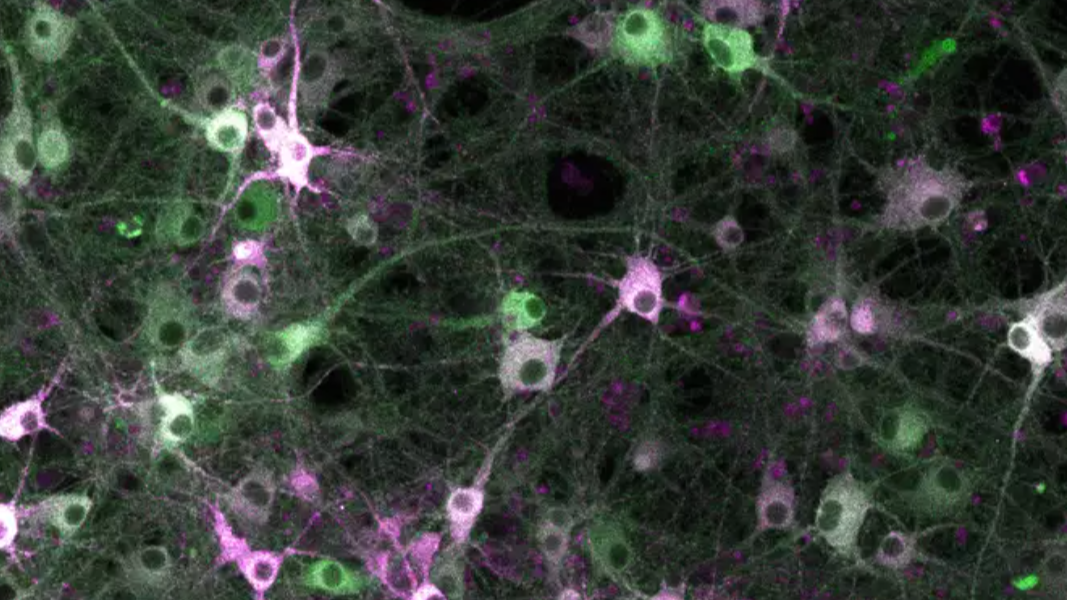New Publication from AbbVie and Sciomics: Exploration of Novel Biomarkers for Neurodegenerative Diseases Using Proteomic Analysis and Ligand-Binding Assays

Kenzelmann A, Boch C, Schmidt R, Richter M, Schulz M. Exploration of Novel Biomarkers for Neurodegenerative Diseases Using Proteomic Analysis and Ligand-Binding Assays. Biomedicines. 2024 Dec 9;12(12):2794. doi: 10.3390/biomedicines12122794. PMID: 39767701; PMCID: PMC11673003.
Abstract
Background/objectives: Neurodegenerative diseases are a major cause of morbidity and mortality worldwide, and their public health burden continues to increase. There is an urgent need to develop reliable and sensitive biomarkers to aid the timely diagnosis, disease progression monitoring, and therapeutic development for neurodegenerative disorders. Proteomic screening strategies, including antibody microarrays, are a powerful tool for biomarker discovery, but their findings should be confirmed using quantitative assays. The current study explored the feasibility of combining an exploratory proteomic strategy and confirmatory ligand-binding assays to screen for and validate biomarker candidates for neurodegenerative disorders.
Methods: It analyzed cerebrospinal fluid (CSF) and plasma samples from patients with Alzheimer’s disease, Parkinson’s disease, and multiple sclerosis and healthy controls using an exploratory antibody microarray and validatory ligand-binding assays.
Results: The screening antibody microarray identified differentially expressed proteins between patients with neurodegenerative diseases and healthy controls, including cluster of differentiation 14 (CD14), osteopontin, and vascular endothelial growth factor 165b. Quantitative ligand-binding assays confirmed that CD14 levels were elevated in CSF of patients with Alzheimer’s disease (p = 0.0177), whereas osteopontin levels were increased in CSF of patients with Parkinson’s disease (p = 0.0346).
Conclusions: The current study demonstrated the potential utility of combining an exploratory proteomic approach and quantitative ligand-binding assays to identify biomarker candidates for neurodegenerative disorders. To further validate and expand these findings, large-scale analyses using well-characterized samples should be conducted.




